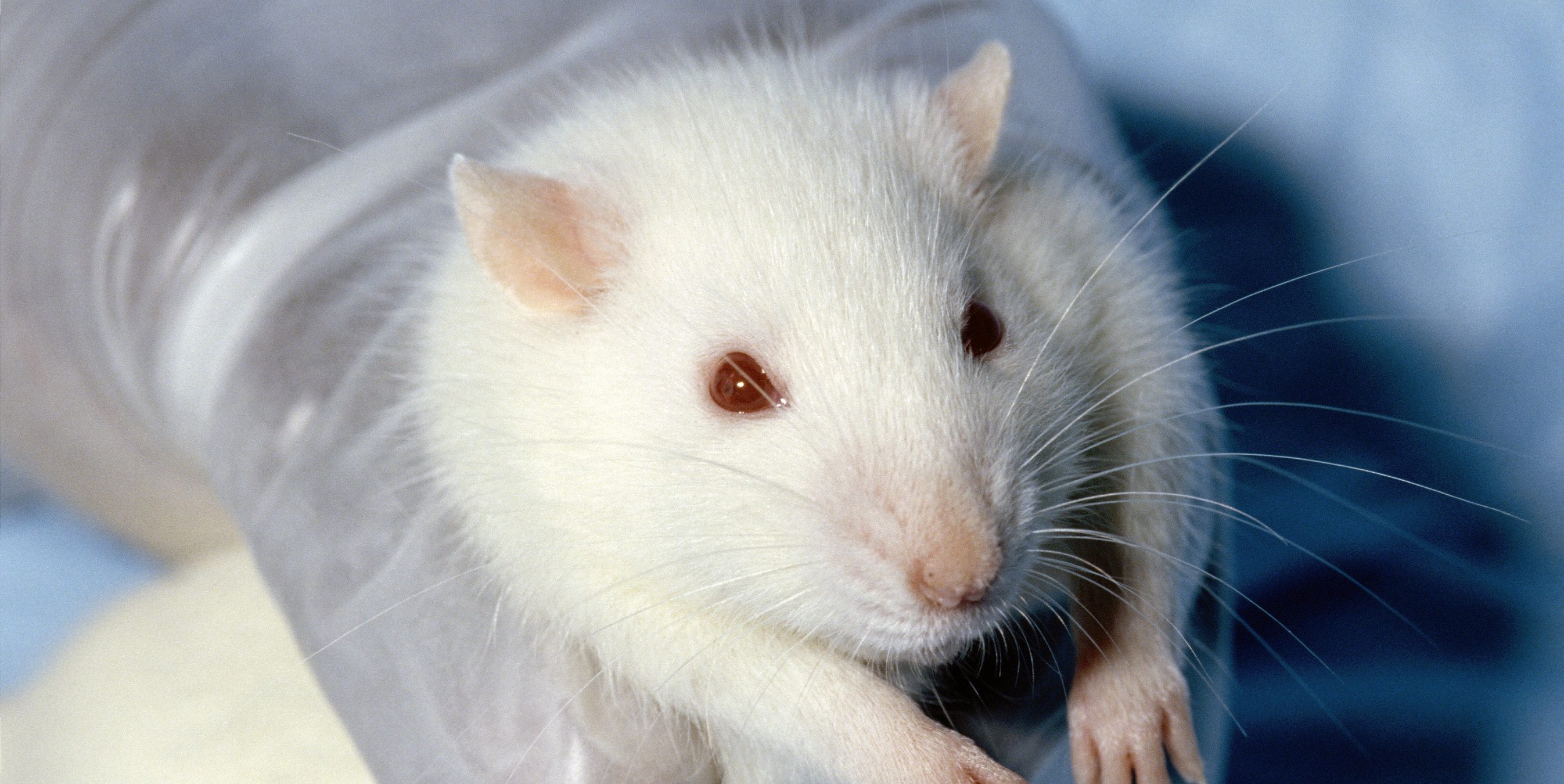Birmingham University revealed to have used over 54,000 animals for research in one year
Recent figures from Birmingham University reveal that almost 54,000 animals were used for scientific research over the past year.
In 2016, Birmingham University used near to 54,000 animals for research including 52,455 mice used in labs, 1,385 rats, 798 fish and 90 frogs and newts.
These figures present a notable increase from previous years, with 7,000 more animals being used than in 2015. The use of mice specifically has increased by 10,000 over a five-year period.
These animals were found to be used for a variety of experiments, including:
- Mice being injected with toxins to replicate chronic liver injury
- Rodents being inoculated with bioluminescent chemicals
- Tetanus toxins being injected directly into rats’ brain
In response to the release of these figures and the experiments, the University has come under scrutiny from the Animal Justice Project, an international non-profit organisation working towards ending experiments on animals.
On Saturday March 10 this scrutiny materialised as the organisation staged a ‘Light Brigade’ protest with the words “54, 728 animals killed by UOB (University of Birmingham)” illuminated over the city canal bridge.
Some diseases and health problems involve processes that can only be studied in a living organism.
– Birmingham University
Dr André Menache, the Animal Justice Project’s science adviser, described the experiments as “a waste of public money and animal lives” given what is known about the differences between mice and men. Instead, he believes that there should be a concerted effort on the part of the University to conduct evidence-based and human-relevant research.
“Given what we know today about the differences between mice and men, to continue stubbornly to waste public money and animal lives is tantamount to scientific fraud.”
Dr Menache’s comments were supported by Claire Palmer, a spokesperson for the project, who criticised the University’s failure “to move with the times”.
Palmer used a 2016 Ipsos Mori poll which concluded 74% of the public wanted funding into finding an alternative to animal research, and used the increase in Veganism by over 360% over the past decade to support her argument.
Birmingham University has responded to the criticism by defending their adherence to guidelines, whilst emphasising the importance of animal testing in some circumstances.
A statement from the university read:
“We are involved in research to develop drugs and medical technologies that will help in the fight against life-threatening and debilitating diseases and improve health care for patients, and indeed animals too.
“Some diseases and health problems involve processes that can only be studied in a living organism.
“For example, treatments for heart disease, diabetes, Alzheimer’s and certain types of cancer have all been developed by involving animals in testing and research.”
Given what we know today about the differences between mice and men, to continue stubbornly to waste public money and animal lives is tantamount to scientific fraud.
– Dr André Menache
This is not the first time the University has been criticised for the use of animals. In 2015, Birmingham University came under attack after the Sunday Mercury published an article detailing that the universities had been blinding rats with plastic balls to replicate injuries sustained by servicemen and women blinded by shrapnel.
Following this complaint, the leaders of the research team at Birmingham maintained that the procedure was vital for the treatment of humans who have eye injuries, and that the research the University conducts is always focused on improving drugs and treatments in the fight against life-threatening diseases.
Three years on from this criticism Birmingham University is again having to answer to public criticism, such as that of the Animal Justice Project. In a statement from a university spokesperson, it was maintained that Birmingham considers itself “transparent” and that all animals that are used for research purposes are euthanised “in a humane manner”.
In 2015, an FOI submitted by Aleksander Goodier, outgoing president of Warwick’s recently-renamed Vegan Society (formerly Animal Ethics Society), revealed that the University of Warwick had used 5,001 living animals in experiments in the Medical School and School of Life Sciences during 2014.
In the same year, the top five UK Universities (Oxford, Edinburgh, University College London, King’s College London and Cambridge) had experimented on over 930,000 animals between them, with individual totals ranging between 160,557 and 226,739 animals.

Comments (1)
Interestingly they chose to mention the Ipsos MORI question suggesting more work was needed on alternatives but neglected to mention that 71% “accepted the use of animals in scientific research as long as there is not unnecessary suffering to animals and there is no alternative” (both caveats are part of UK law).
https://www.ipsos.com/sites/default/files/migrations/en-uk/files/Assets/Docs/Infographics/sri-public-attitudes-to-animal-research-infographic-2016.pdf